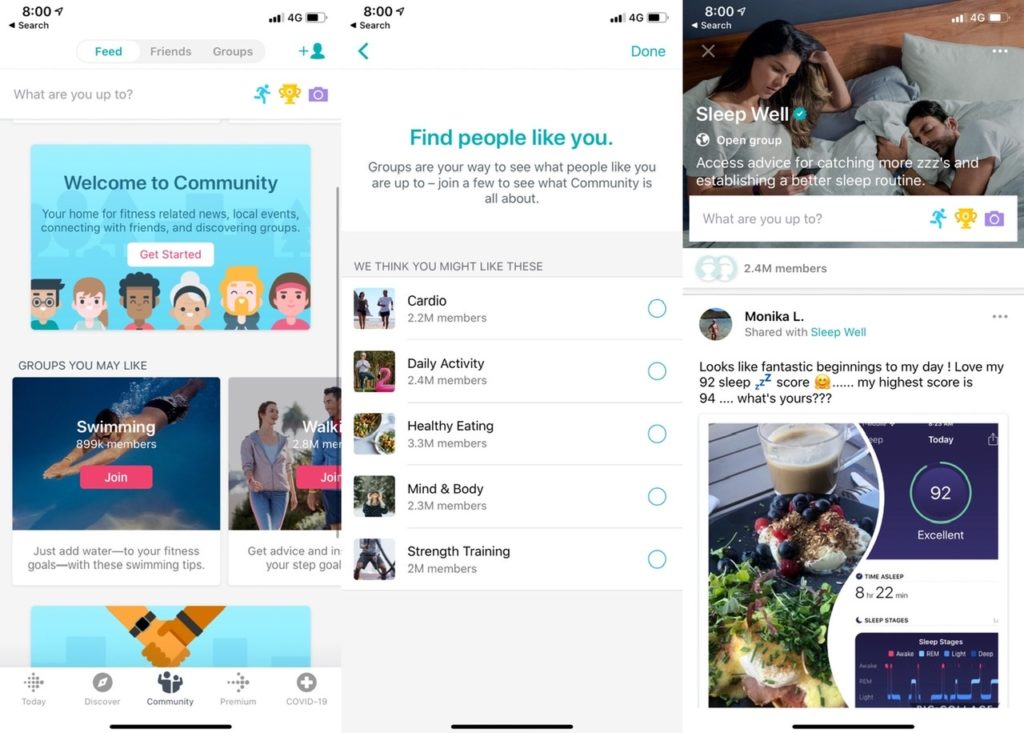A co-worker recently mentioned that they have a paid subscription to a video-based fitness coaching service that they’ve been using during this current work-from-home phase.
Another colleague remarked that that was pointless given the sheer volume of free content on YouTube from professionals and amateurs alike.
The reply was that that was exactly the point – too many options. Plus, no information on what was safe, what was appropriate for them, and what progress/results they should expect.
This is the difference between discovery and curation.
We have talked before about how discovery of newsletters today is an unsolved problem and therefore an opportunity. For content of this kind, discovery is not a problem. Google does an excellent job surfacing YouTube videos for search terms related to health and fitness. YouTube itself aggressively recommends videos related to the one you’re watching.
But curation adds trust. It adds relevance. And it is this that people will pay for.
For all of Fitbit’s problems losing market share to the Apple Watch, it understands this difference, and monetises accordingly. Fitbit has a top-level community tab in its app where you can discover the experiences, practices and routines of a large number (millions!) of people and engage with them.

But it also has a top ‘Premium’ tab that has

Ergo, curated, structured fitness and wellness services that include the following:
Workout plans from Fitbit plus videos from DailyBurn, Popsugar, barre3 …follow step-by-step programs to help you eat well, sleep better and move more… get a personal Wellness Report of your Fitbit stats to share with your healthcare professional… receive personalized insights about your sleep and follow guided programs to help you get better rest…
Fitbit believes that the opportunity costs in terms of time and health is high enough for people who want outside help with their health to pay for such a service.
It’s the same with investment advisors. Discovery of books, twitter threads, blog posts and videos about my philosophies, strategies and tactics of investing is not a problem. But creating, executing and re-adjusting a personal investing plan is difficult to construct from this information, unless you are a professional.
For many years now we have seen a continuing explosion of content created on the internet driven by the success of services built around discovery – search, browse, recommend – such as Facebook and Google. This content has almost universally been monetised via low-cost ads, a few cents per click, incentivising quantity not quality.
We have now begun to see a willingness to pay good money to curators of content in an infinite number of internet-based niches. I am excited about this coming explosion.

2 replies on “Curation, not discovery, is what people will pay for”
Hi Rahul. I agree that paid curation has huge opportunities. In fact, where Google search ends, curation begins. So, where Google search shows a list of financial advisors, the advisor takes over from there and ranks various financial plans. Where Google maps ends, Ola/Uber take over and link you to the nearest driver.
Regarding content, Google continues to rank relevant content based off some meta keywords. Then once you choose to enter the paywall of say, Medium or Patreon, then those platforms will take over the finer discovery and feed.
This is a nice way of putting things. While I agree, the point I make is slightly different. It’s that as of today, search capability has not kept up either with the explosion of content or the increase in our expectations, and therefore we will increasingly rely on human tastemakers.